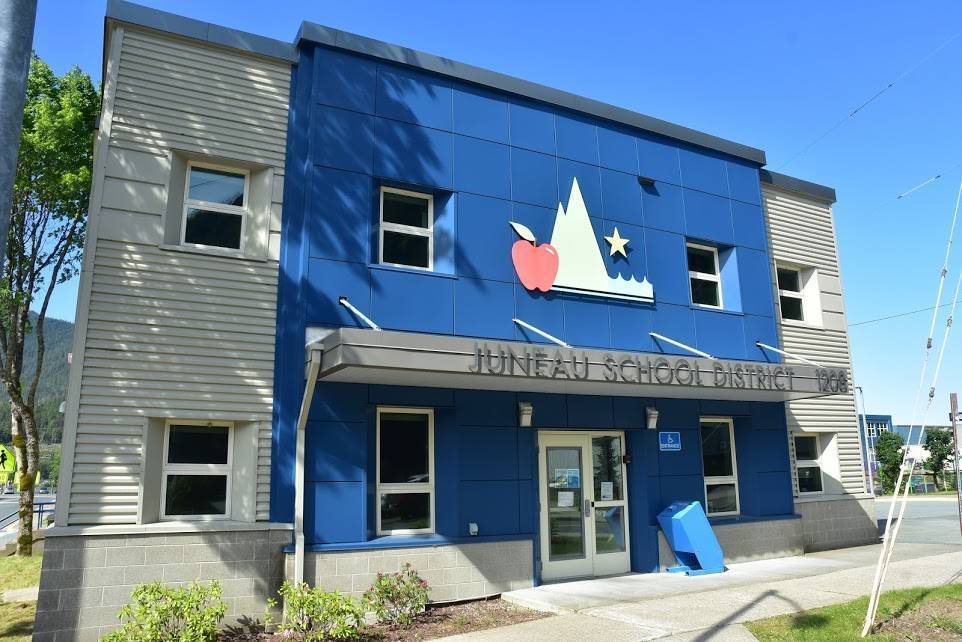After months of discussion, the board of education gathered via Zoom late last week to finalize the district’s fiscal year 2021-2022 operating budget. In addition, the board allocated the remaining federal Elementary and Secondary School Emergency Relief Funds received last year as part of the CARES Act to help schools weather pandemic-related expenses and learning recovery.
In the two weeks since the board last discussed the budget, school officials learned that an additional round of federal Elementary and Secondary School Emergency Relief Funds would flow to the district sometime this summer, freeing the board up to spend the $257,300 left unallocated in the operating budget.
Superintendent Weiss said the school district expects to receive at least $5.5 million through the American Recovery Act, though the receipt timeline is uncertain at this point.
With additional revenue expected, the board engaged in a spirited discussion about whether and how to spend the remaining operating funds.
“We want the right resources to flow to the kids, so the kids have the best outcomes. I don’t think this is the time to leave money on the sidelines when we know there is a tremendous need for our kids. An extraordinary year requires extraordinary actions on our part,” said board member Brian Holst, who advocated for allocating the remaining operating budget.
The board ultimately decided to spend the money to fund a web administrator for the district, beef up Tlingit language support at the middle schools, and provide a $108,000 fund for teachers to purchase supplemental materials to assist with student recovery next school year. An integration specialist role, suggested by Weiss, didn’t make the final cut.
Juneau educators named to local principal posts
Picking priorities
The agreement on how to spend the money came after a lengthy discussion.
Board member Deedie Sorensen proposed using a portion of the money for discretionary teacher supplies instead of the integration specialist Weiss suggested.
“We don’t know what the kids will need. Teachers may need some different materials to work with kids next year. They are going to be overwhelmed with how much they are doing. I don’t know if they need integration specialists giving them more to think about,” she said.
Sorensen, a former teacher, said that a bank to subsidize teachers would show staff support and allow flexibility.
“I routinely spent $2,000 to $5,000 on materials because my husband could bankroll that. I would not want to invest in another specialist. They are going to have needs in their classroom as they have never had before,” she said.
Because the school expects additional money, Holst suggested that the position and the teacher supplies could both be funded.
“It’s easier to find materials than people. I think we can have our cake and eat it, too, if we do it this way. If we don’t give the clarity now, we lose the opportunity,” Holst said.
Weiss said that the specialist helps to create curriculum ties to place-based learning objectives.
“Our integration specialist has been a tremendous support for our teachers,” Weiss said.
Board president Elizabeth Siddon said that she agreed with the concept of providing additional money for teacher supplies, but that she’d prefer to use the federal funds to do so.
“There’s no disagreement of the priorities, just the timing. We have the resources to do both,” Weiss said.
In the end, Sorensen thanked the board for supporting her proposal.
“This is a statement of support for students. Budgets are value statements,” Sorensen said.
Looking ahead: Board mulls budget for next school year
Enrollment changes
One of the earlier budget sticking points centered around the district’s enrollment projection, with board members split on how the district’s enrollment might change next year as full-time, in-person learning resumes.
City and state funding levels are based on enrollment, so estimating the correct enrollment number for the coming school year is a critical part of the budget-making process. In the end, the district boosted its enrollment projection by 50 students.
“I’m really pleased with the re-consideration,” Holst said.”I still think it’s pessimistic, but thank you for taking it into consideration.”
The extended break from full-time, in-person learning has meant enrollment changes for the district, with about 410 students moving to the district-supported HomeBRIDGE program rather than the 35 students the program typically serves. Another 500 students have left the district for other home school programs, school officials told the Empire in February. However, surveys of the families of former students indicate that many plan to return in the fall.
• Contact reporter Dana Zigmund at dana.zigmund@juneauempire.com or 907-308-4891.

